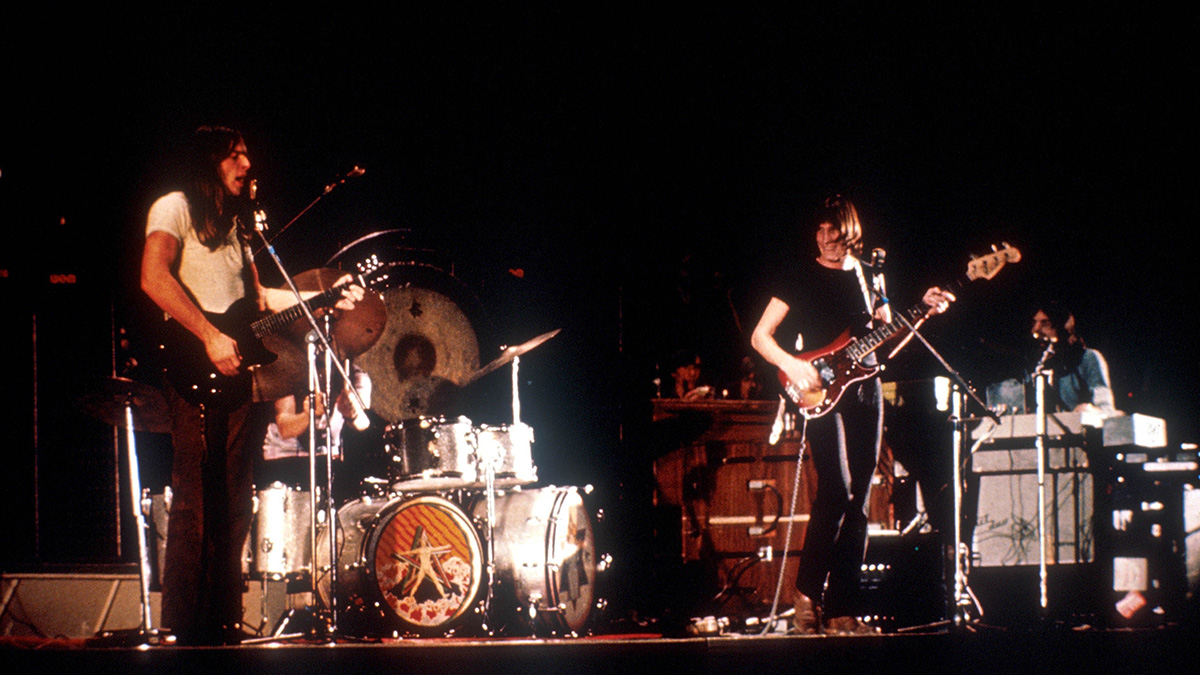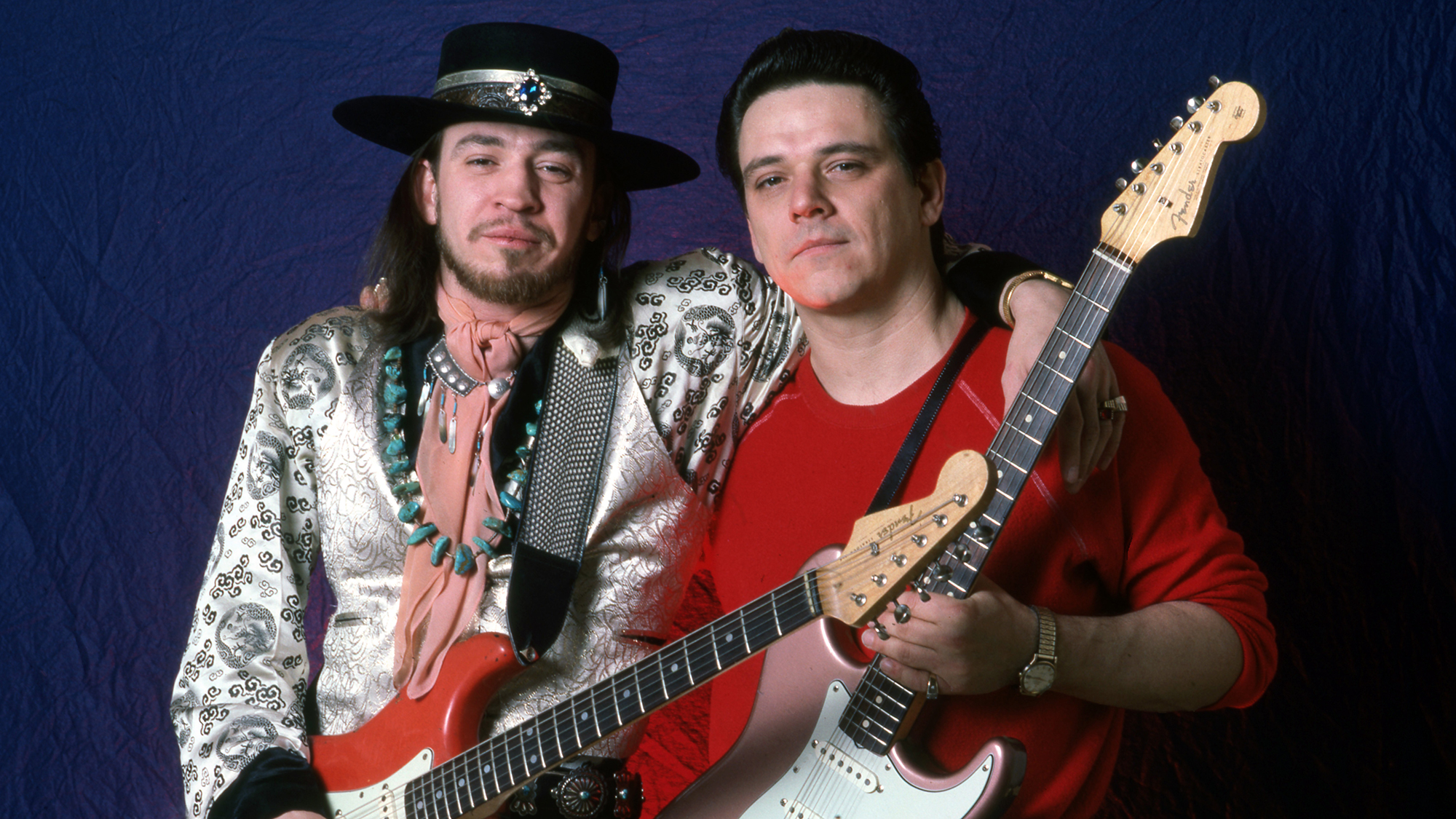St. Vincent had the Peavey Decade practice amp built into a pedal after Josh Homme revealed it as the secret behind the Queens of the Stone Age sound

Best of 2021: Not too long ago, notorious tone-secret-keeper Josh Homme made a revelation that raised quite a few eyebrows. In an appearance on Watch the Sound with Mark Ronson, Homme dropped the bombshell that Peavey’s humble Decade practice guitar amp was the secret weapon behind some of Queens of the Stone Age’s most iconic tones.
The announcement, unsurprisingly, sent the price of Peavey Decades skyrocketing, with many flocking to second-hand gear stores to find the amp that gave birth to the earth-shattering bass guitar tones in No One Knows.
St. Vincent, as it turns out, was similarly inspired by the revelation, though took a far more pragmatic approach to capturing the band's sought-after sound.
Rather than forking out the $1,000-plus that vintage Decades now sell for – thanks, she acknowledges, to Homme’s revelation – she recruited gear guru Jason Moser to put the tiny ‘80s-era solid-state into a pedal.
A post shared by St. Vincent (@st_vincent)
A photo posted by on
Speaking to Guitar Center, St. Vincent – aka Annie Clark – said, “Queens of the Stone Age were very secretive about their guitar tone. It’s a bitching guitar tone, right?
“But the secret was this Peavey Decade – the amp that you get as a kid, that probably comes in a box with your first guitar. It’s this little, little amp that sounds so good, this hidden gem,” she continued. “They used to be $200.
“But then Josh Homme was on a Mark Ronson show, and finally was like, ‘Okay, I’ll tell you. It’s the Peavey Decade.’ Now they’re like $3,000, instantly.
Get The Pick Newsletter
All the latest guitar news, interviews, lessons, reviews, deals and more, direct to your inbox!
“Anyway, a guitar tech I work with, Jason Moser, builds pedals and synths. He built the Peavey Decade into its own little amp.”
The importance of the Peavey to Queens of the Stone Age’s sound can’t be overstated. While people at the time viewed Homme’s admission with skepticism, an old video recorded by Eric Valentine – the band’s former producer – confirmed the guitarist was being entirely serious.
“It has a really cool little saturation in there, and so it would get cool distortion and you could have it at a really low volume,” explained Valentine during the No One Knows breakdown. “It ended up being the majority of the bass sound. It’s an amazing sound."
Now, the only thing that remains to be seen is whether St. Vincent’s boutique pedal will be made available to the general public. The chances are, unfortunately, immensely slim, so it's back to Reverb and eBay for the rest of us on the hunt for that Queens of the Stone Age tone.

Matt is the GuitarWorld.com News Editor. He has a Masters in the guitar, a degree in history, and has spent the last 16 years playing everything from blues and jazz to indie and pop. When he’s not combining his passion for writing and music during his day job, Matt records for a number of UK-based bands and songwriters as a session musician.
“I just learned them from the records. I don’t read tabs or anything, I don’t read music – I learned by ear”: How a teenage Muireann Bradley put a cover of Blind Blake’s Police Dog Blues on YouTube and became a standard bearer for country blues
“The Strat was about as ‘out’ as you could get. If you didn’t have a Floyd Rose, it was like, ‘what are you doing?’”: In the eye of the Superstrat hurricane, Yngwie Malmsteen stayed true to the original









